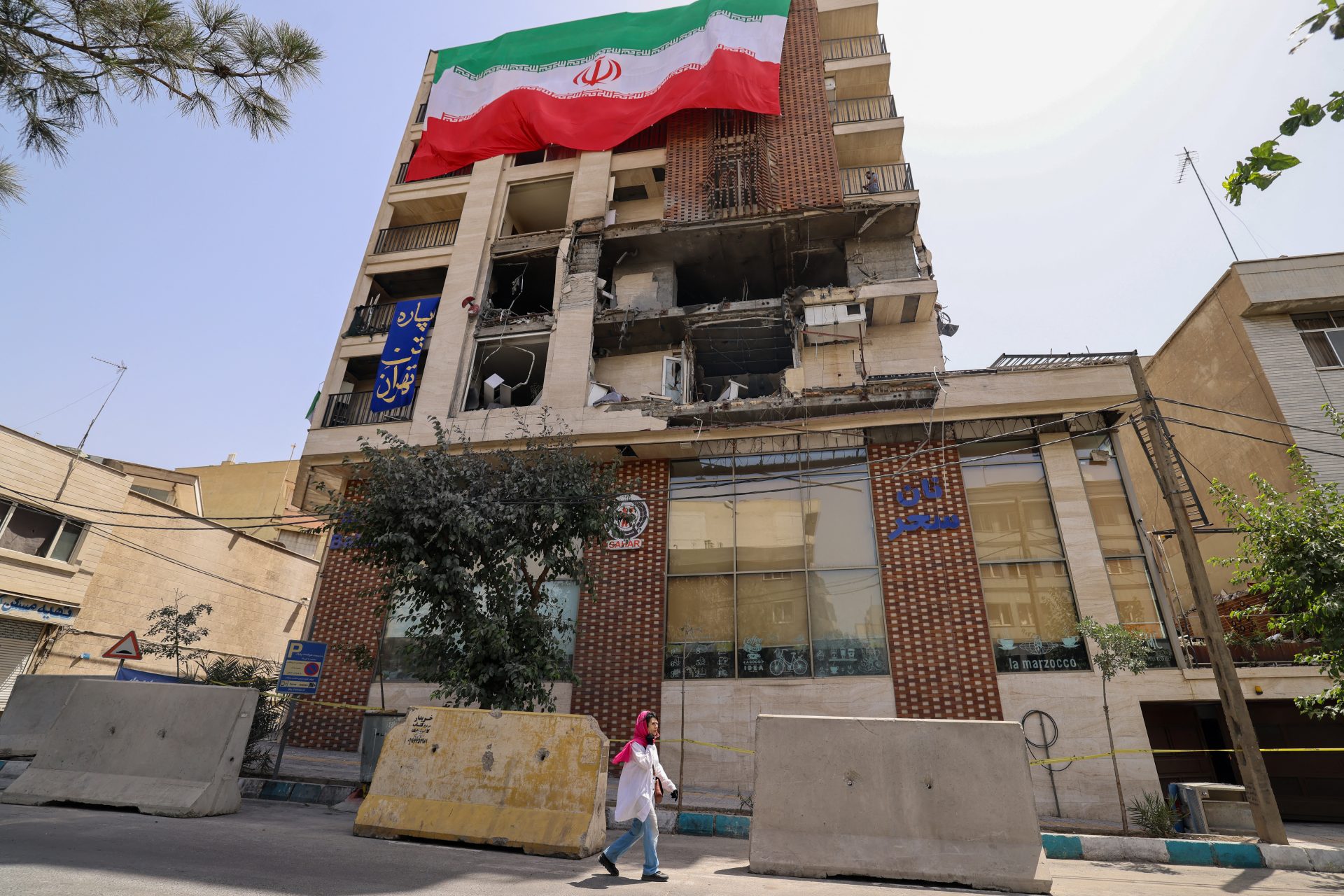Two Catholic leaders in the Middle East have voiced grave concerns over the fallout from the “12-Day War,” warning against foreign intervention, calling for genuine dialogue, and urging the faithful to commit to peace and spiritual renewal.
Cardinal Louis Raphael Sako, Patriarch of the Chaldean Catholic Church, said the escalating conflict between Israel, Iran, and the United States has deepened instability in the region and exposed the fragility of the global order.
“What has happened is sad. We have all experienced difficult moments of worry and fear,” the cardinal told Fides News Agency. “The world has lost its international order. Now we must regain common sense and reject the discourse of hatred, violence, and war.”
He criticized efforts to pursue regime change through military means, citing the long-term consequences of the 2003 U.S.-led invasion of Iraq.
“The sovereignty of countries must be respected, and problems should be resolved through sincere and courageous dialogue,” said Sako. “Regime change is a matter for the citizens of a country. Imposing another regime would only worsen the situation.”
“Twenty-two years after the fall of the regime in Iraq, there is still no true citizenship, no law, no security, and no stability. Corruption and sectarianism persist,” he added.
Sako also highlighted the persistent marginalization of Iraq’s Christian community, noting the deep suffering endured during the rise of ISIS, which has driven many to flee the country.
He pointed to ongoing challenges, including the occupation of Christian villages by militias and the loss of parliamentary representation due to the usurpation of seats designated for Christians.
Despite the challenges, he remained hopeful, affirming the Christian community’s enduring sense of purpose in Iraq and its commitment to building a better future rooted in faith.
In Iran, Cardinal Dominique Joseph Mathieu, Latin Archbishop of Tehran-Ispahan, reflected on the psychological and spiritual impact of the violence.
In a message to AsiaNews, he described a harrowing night of explosions followed by an uneasy calm as a fragile ceasefire took hold.
“The night between Monday and Tuesday was terrifying, with explosions and intense defense activity,” he wrote. “Only when the cessation of hostilities was confirmed, each with his own interpretation, did we catch our breath, hoping to return to the normal rhythm of daily life.”
Cardinal Mathieu observed that the current ceasefire remains fragile, resting more on mutual deterrence than on any formal agreement between the warring parties.
He emphasized that meaningful peace remains distant, with no signs yet of mutual respect, trust, or steps toward reconciliation.
He emphasized the importance of inner reflection and drawing strength from faith, noting that the recent crisis has altered global perspectives.
Amid the turmoil, he said, a deep sense of spiritual solidarity emerged, helping communities endure uncertainty and fear.
Cardinal Mathieu called for renewed commitment to spiritual integrity and global responsibility. “We must cultivate the spirit by purifying our heart and aligning it with the will of God,” he said.
“Such an active commitment in the present world, where it is beautiful to live for everyone, prepares a future and distant reality of peace, justice and communion with God,” the prelate added.
Both Church leaders underscored that peace in the region cannot be imposed through military might but must emerge from authentic dialogue, solidarity, and the moral commitment to safeguard life and creation.







